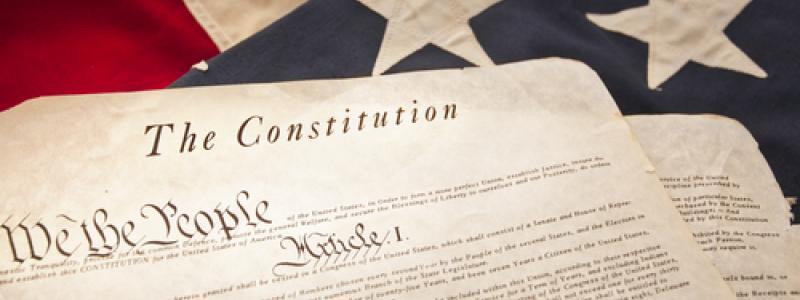Apple: FBI Request Is Unconstitutional

In response to a filing by the United States Department of Justice last week, Apple is arguing that the All Writs Act can not be applied to its case against the Federal Bureau of Investigation (FBI). The company is also seeking to show that previous cases cited by the Department of Justice can not be used as precedent to make the iPhone maker make significant changes to its iOS mobile operating system. Apple further added that the founding fathers of the US would be shocked at how the All Writs Act has been used by the Department of Justice and the FBI.
The Department of Justice’s latest filing defended its use of the All Writs Act, explaining that the passing of this two century old law allowed the US Congress to provide courts with a means of making sure that their lawful warrants were not impeded by third parties such as Apple. Quoting a ruling from the 9th US Circuit more than three decades ago, Apple insisted that the All Writs Act can not be applied to the present case because doing so “would be to usurp the legislative function and to improperly extend the limited federal court jurisdiction.”
Apple then claimed that the Department of Justice is trying to warp history by painting the All Writs Act as an all encompassing law instead of being a procedural tool with limited scope. The iPhone maker added that the Court should reject the Department of Justice’s latest filing because the Constitution forbids it.
A lot of words have already been exchanged between Apple and the FBI. In investigating the San Bernardino terrorist attacks last December, the FBI had requested Apple to rewrite its iOS mobile operating system so that investigators can hack into an iPhone 5c device owned by one of the terrorists. Apple is refusing the request on the grounds that doing so would set a precedent future actions that could endanger the civil liberties of every mobile user out there.
Earlier this month, both Apple and the FBI had taken to Congress, throwing their arguments during a hearing session (titled "The Encryption Tightrope") that lasted over 5 hours before members of the House Judiciary Committee. At the end of that hearing, the debate still rages on regarding national security versus individual privacy, between mobile encryption versus the investigative scope of law enforcement agencies. To date, there seems to be no end in sight, with both sides equally adamant in pursuing their rights.
Related Blog Articles
- Sprint Reaches 300 Mbps Speeds Using Samsung’s Galaxy S7
- Microsoft Begins Roll-Out Of Windows 10 Mobile To Older Handsets
- Here Comes Samsung Music -- But It’s Still In Beta
- Is Apple Employing A “Go Small” Strategy With Latest Product Unveilings?
- Where Have All The Wearables Gone?
- So What’s With The New iPad Pro’s Embedded SIM Card?
- Examining Injury Reports Caused By Smartphones
- Is Email Dying?
- Apple’s VoiceOver: Continuing To Empower Blind Mobile Users
- FBI Hacks Into Terrorist’s iPhone Sans Apple’s Assistance


 Menu
Menu